For the umpteenth time, the Nigerian National Petroleum Corporation (NNPC) has restated its commitment to paring down the unit cost of oil production to $10 per barrel.
The NNPC said bringing down cost would enable it to remain competitive in the industry and deliver value to all Nigerians.
The Group Managing Director of NNPC, Malam Mele Kyari, spoke at the 20th Nigeria Oil and Gas Conference (NOG) with the theme, “Fortifying the Nigerian Oil & Gas Industry for Economic Stability and Growth” which held virtually.
Kyari projected that the global demand in the oil and gas industry will remain suppressed substantially until the end of 2020.
He, however, noted that despite all the forecasts, oil will continue to play a significant role in the energy mix until 2050.
“So, it doesn’t mean oil will vanish. What it means is that in terms of its significance, in terms of the volumes of contribution, it will reduce as the years go by.
“It is also true that many countries have made significant business decisions in the use of fossil fuel, including the United Kingdom, which has said that no car will run on fossil fuel in the next 10 years.
This portends a huge change in the way we consume fuel and as we progress, many countries may follow suit,” Kyari said in a statement from the Group General Manager, Group Public Affairs, Dr Kennie Obateru, a copy of which was obtained by Persecondnews.
The NNPC GMD observed that the global oil challenge would have an impact on NNPC’s production with the corporation becoming more cost-efficient and be quick to the market.
He said: “As a National Oil Company (NOC), looking forward to 2021 means we have to be more resilient and efficient in our operations.
“As a country, we have decided to bring down the cost of our oil production so as to remain competitive, be able to get to market earlier and remain in this game and ultimately, return value to our shareholders.’’
He explained that the NNPC was already working hard to deepen domestic gas utilization by emplacing the right fiscal environment and the right infrastructure in order to generate more employment and broaden Nigeria’s economy.
According to Kyari, the Petroleum Industry Bill (PIB) now before the National Assembly is the key enabler that would ensure NNPC’s fiscal environment becomes more competitive and transparent, where investors can project into the next 30 years.
The Minister of State for Petroleum, Chief Timipre Sylva, said the government was focusing at the National Gas Expansion Programme (NGEP) to boost the use of natural gas in the short and medium terms.
“It is also part of the plan by the federal government to shift from crude oil to gas. We have initiated actions to improve gas accessibility and availability, and promote gas-based industrialization as well as economic diversification,” he said.
On his part, the Secretary-General of the Organization of Petroleum Exporting Countries (OPEC), Mr Mohammed Sanusi Barkindo, noted that in the last couple of months, the oil and gas industry in Nigeria has rebounded by over 116 per cent due to the robust decisions taken by key stakeholders, including President Muhammadu Buhari.
He said Buhari had played a pivotal role in the OPEC Declaration of Cooperation (DoC) document.
Prominent oil industry personalities at the occasion are the Director of the Department of Petroleum Resources (DPR), Mr Sarki Auwalu, the Managing Director, Nigeria LNG, Mr Tony Attah and the Executive Secretary of the Nigerian Content Development and Monitoring Board (NCDMB), Mr Simbi Wabote.











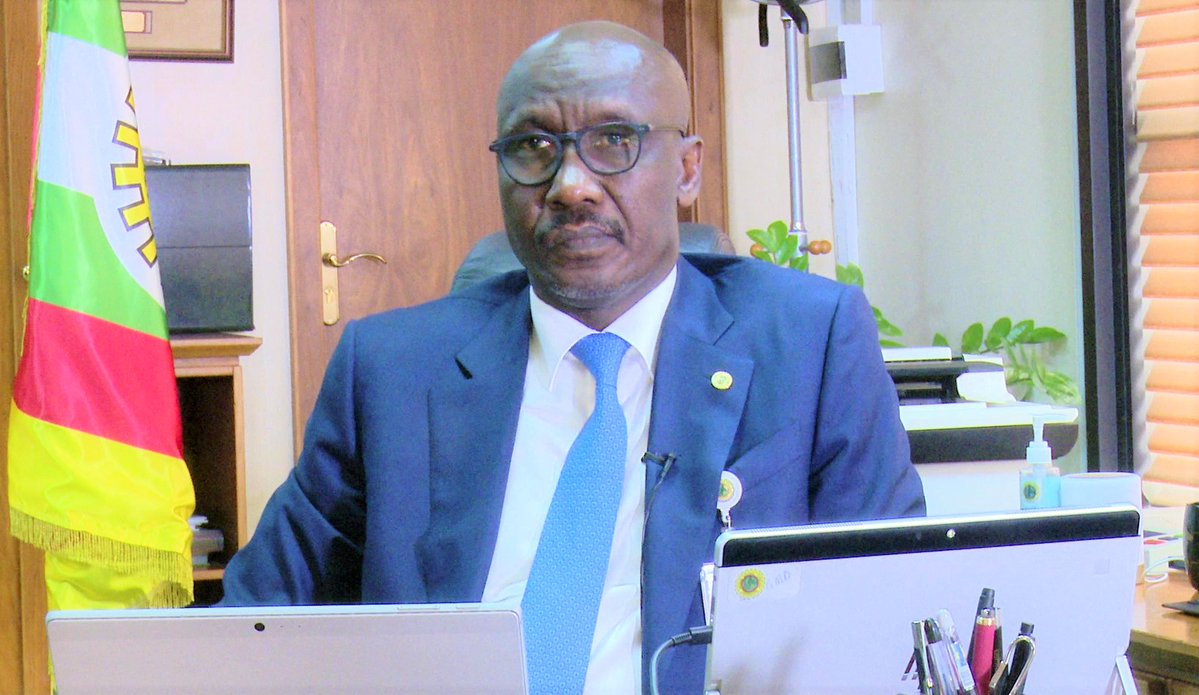


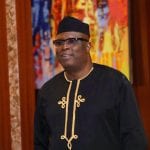




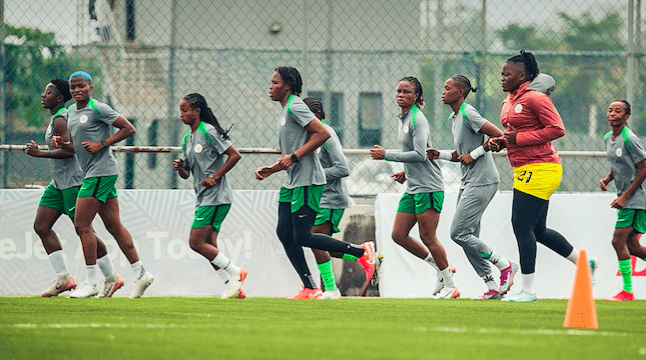
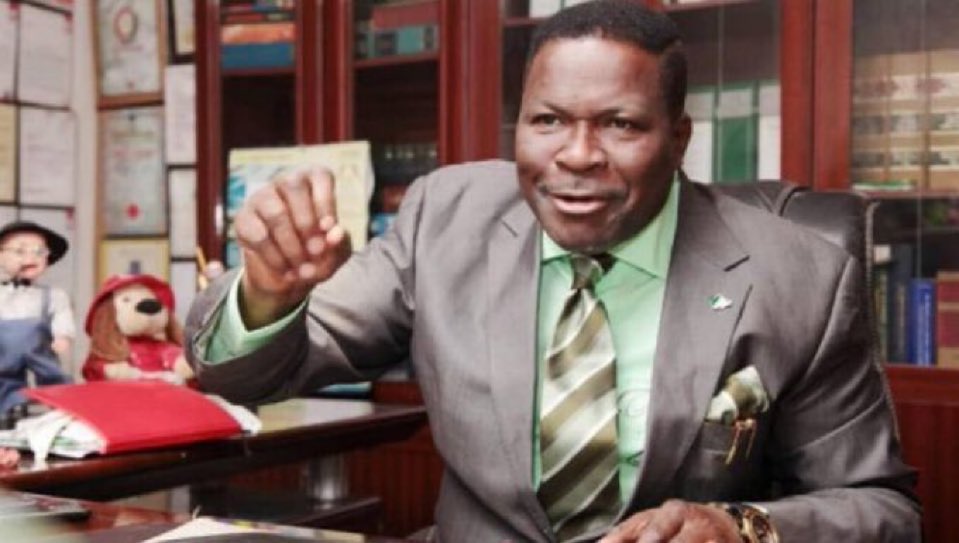
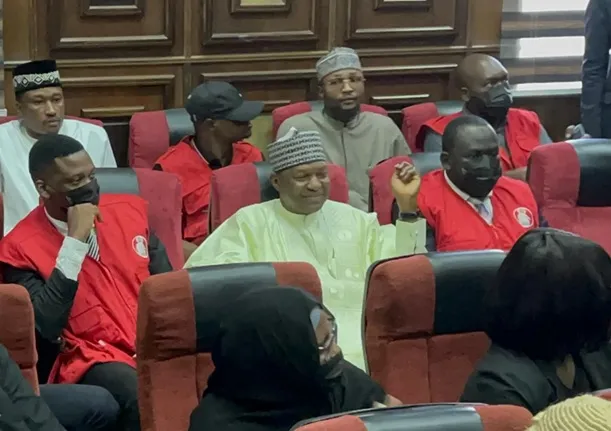
Leave a comment